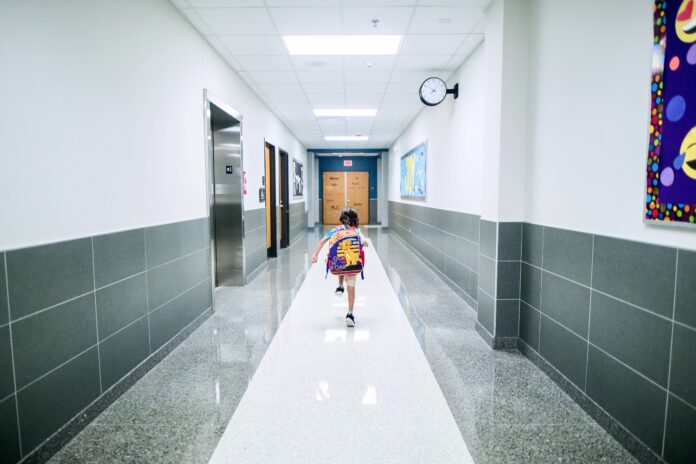Choosing a school for your children can be one of the most important decisions you make as a parent. It is not only about finding the right academic fit but also ensuring that your child is in an environment where they will thrive and develop to their full potential. With this in mind, there are several factors to consider when making this decision – from location and curriculum to extracurricular activities and teacher-student ratios.Â
1. Location
When considering the location of a school, it is important to think about accessibility, safety, and convenience. You should consider how far you are willing to travel to get your child to school and what the commute will be like on a daily basis. You can find private high schools in Maryland, for example, if you live in the area. It can also be beneficial to look into the area surrounding the school – examine the demographics, explore nearby parks or attractions, or speak with local residents for any insight they may have. Additionally, check out reviews posted online from other parents who have children enrolled at that particular school.Â
2. Curriculum
Consider the quality of the curriculum offered at the school. Are they offering up-to-date and relevant courses? Check out what kinds of activities are available that may help stimulate your child’s learning and development. Do their standards meet or exceed national averages for student success in standardized tests? How about extracurriculars like sports, music, art, or robotics teams? While these are not essential to a good education, they can help enrich your child’s experience. This can also be a great way to get to know the school environment and how its teachers, staff, and students interact with each other.
3. Teacher-Student Ratio
It is important to consider the teacher-student ratio when considering a school for your child. A lower student-teacher ratio can lead to more individualized attention for each student. This allows teachers to have better relationships with students, as well as provide more guidance and support in their learning experiences. It also helps ensure that classroom sizes are not too large or overcrowded, allowing children to feel comfortable in their environment. Additionally, it can help create an atmosphere where teachers have the resources necessary to meet the needs of every student in their class.
4. Safety
The safety of your children should be a major priority when selecting a school. Research the area, and find out if there are any reported cases of crime or violence near the school’s premises. Ask questions about the security measures taken around the school and how they make sure that students can move freely and safely between classes. Investigate whether student lockers are well secured, or if CCTV cameras are implemented across all campus areas. Additionally, determine if emergency exits are clearly marked in case of fire or other disasters. It’s also important to make sure that the school’s faculty and staff are properly trained in safety protocols.Â
5. Cost
The cost of a school should be taken into consideration when choosing the best for your child. There are several factors that can affect the cost such as tuition fees, room and board expenses, additional services like transportation and childcare if needed, and other incidentals. Although the cost of a private school may seem steep initially, there are many options available to reduce the cost including financial aid programs from schools themselves or outside organizations. It’s important to research these offers thoroughly so you know what is offered and can make an informed decision about which school is best for your family financially.Â
6. Teacher-Parent Interaction
Communication between parents and teachers is important in a student’s academic journey. Ask questions about the school’s policy on how often, and what type of information, is shared with families regarding their child’s progress. It should also include ways for parents to stay involved in the classroom, such as attending parent-teacher conferences or volunteering. Make sure that there are opportunities for your family to have meaningful conversations with teachers and administrators about your child’s education. This will help to ensure your child is receiving the best possible education.Â
Choosing a school for your child is an important decision and should not be made lightly. Weigh all the factors carefully, considering both your child’s academic needs and interests, as well as your family’s financial situation. When making this decision, it is essential to look at all aspects of the school – from location, curriculum, and teacher-student ratio to safety, cost, and teacher-parent interaction. With all these considerations in mind, you can make an informed decision about the right school for your child.























